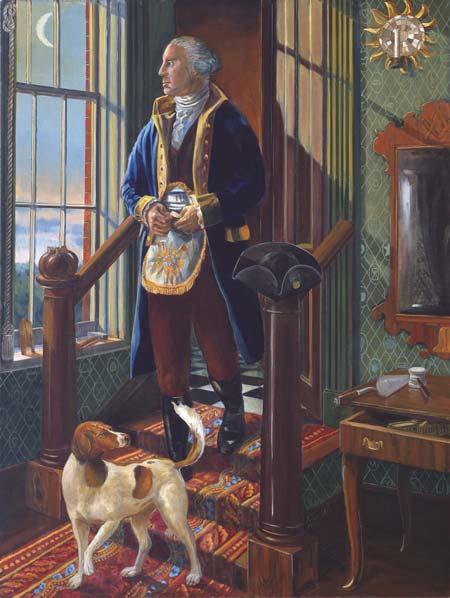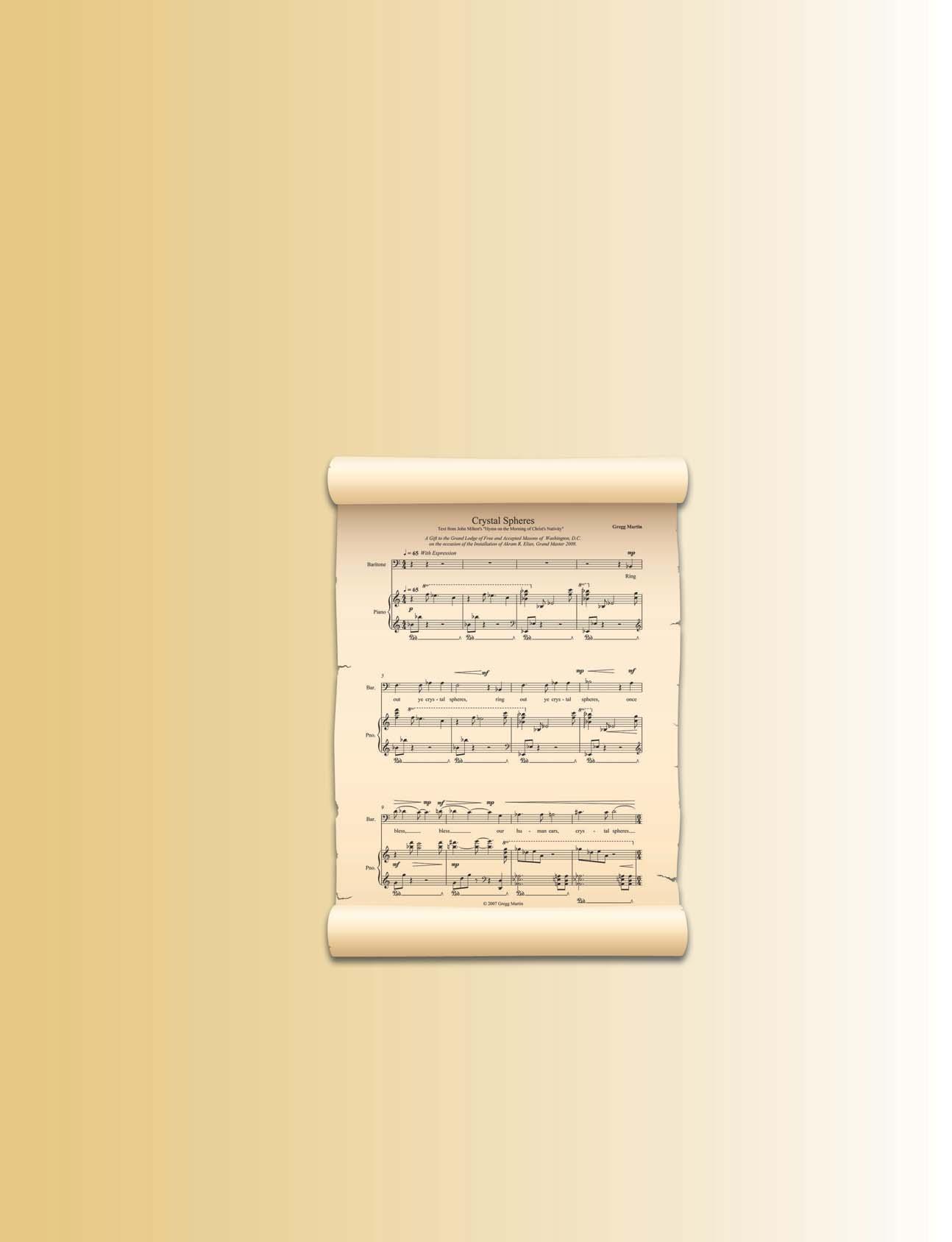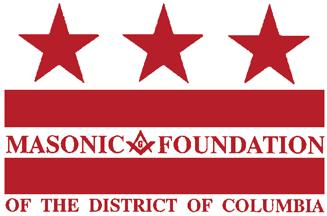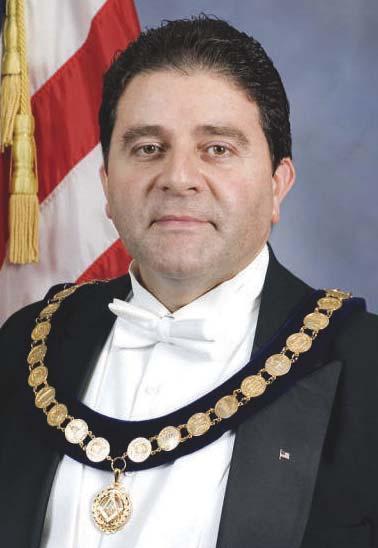
6 minute read
From the Grand Secretary
Jurisdictional Integrity
Jurisdictional or territorial integrity is a concern of many Grand Lodges and the issue of Waivers of Jurisdiction comes up from time to time. The level of interest in this subject varies depending on the jurisdiction, and some Grand Lodges are affected more than others by the current assortment of policies and procedures. There are, however, a number of reasons why the time is right for a new assessment ofhow our existing protocols impact our ability to effectively respond to those who petition for the rights and benefits of brotherhood among us. In an increasingly shrinking world, it seems the days are long gone when men spend their whole lives in the same community in which they were raised. The young men of today are very mobile and they may actually live in one place and work or study in another. The reality of modern lifestyle, whether it be as global business traveler or telecommuter, makes geographic borders less meaningful to the man of today.
Advertisement
We find ourselves in a time of surging interest in the Craft, with many of our lodges experiencing a steady rise in requests for Masonic information and the receipt of petitions. These lodges look to the Grand Lodges to facilitate the process of handling some of these petitions. Yet, in an era of “all the way in one day”, some petitioners must wait many weeks or months before their lodge of choice may receive their petition. It behooves us to reexamine our current met hods and remove, where possible, unnecessary delays and barriers which get in the way of our lodges making Masons. A major concern is how we go about speeding up the process between two Grand Lodges when we request a waiver of jurisdiction over a man who wants to become a Mason in a jurisdiction in which he does not reside; a man who, lives close to the border of a neighboring jurisdiction and who, for various reasons, chooses to petition a lodge outside of his own territory.
It is most unfortunate that we cannot exercise more control over the response time of the subordinate lodge masters and secretaries to request for waivers of territorial jurisdiction on petitioners.
Mansour Hatefi, PGM
Grand Secretary
Response times range from a few weeks to several months and this is not conducive to a good image for the Fraternity.
In order to promote a healthy discussion and in the process come up with a consensus on how to lift or lower the jurisdictional barriers for non-masons and to better serve our constituent lodges in handling the petitions submitted by prospective members, a survey was conducted by my office inviting all U.S. and Canadian Grand Lodges to participate and offer the benefit of their wisdom and experience, sharing such information pertaining to their policies and procedures governing the Waivers of Jurisdiction. It was envisaged that the results of our survey will enable us to gain a greater understanding of the current situation and hopefully lay the ground work for a positive change in how we approach jurisdiction and granting of waivers. Of the approximately 60 Grand Lodges invited to participate in the survey, 39 responded, for which we are deeply grateful.
Summary of Results: Here is the summary of the respondents to our survey: data gathered from
1. Most jurisdictions require a minimum of six months residency prior to petitioning. Nine Jurisdictions exempt military personnel from this requirement. 2. Nine jurisdictions exempt military personnel from the residency requirement altogether. 3. All jurisdictions but one assert jurisdiction over non-masons.
4. Three jurisdictions do not grant waivers for nonmasons.
5. 41% of Grand Lodges refer requests for granting of waivers of jurisdiction to constituent lodges for initial approval. 6. For 54%, the Grand Lodge is the only approval level for granting of waivers. 7. Of those granting waivers, the most compelling reasons seem to be for military service, full-time students, blood relative, convenience to work and
close personal friend; and age, special interests, and a dopting the provision, instead of requesting Waivers language are the least compelling reasons to grant. of Jurisdiction, the receiving Grand Lodge serves a One respondent to our survey wrote that his Grand Lodge grants waivers freely and added this comment: “Notice of Petition” to the Grand Lodge of residence. Why serve a notice of Petition? “We want men to become Masons! We avoid the petty • This Notice of Petition would replace the current reasons to prevent this.” request for Waiver of Jurisdiction. The receiving Based on these and other relate in the survey, it is clear that d factors manifested Grand Lodge simply informs the Grand Lodge of residence of the petition. the status quo has not been • With the Notice of Petition, serving the Fraternity well. We We want men to we will be sharing information operate by a complicated, burdensome process which does become Masons! We – providing full disclosure that the reciprocal jurisdiction nothing to enhance the quality of petitioners. In truth, more avoid the petty reasons agreement is being exercised. The provision for Reciprocity often than not, we stand to lose highly qualified men when to prevent this. is only meant to exped petition process – not o ite the bscure they are made aware of the who’s joining where. lengthy process or when they lose interest altogether while waiting to run its course. for the process • With the Notice of Petition, the Grand Lodge of residence is permitted an opportunity to object. This would prevent, for example, cheating by member of Streamlining the Process – Agreement for profane – petitioning another jurisdiction while ineliReciprocity gible, for example: not in good standing, dropped, In order to better serve Freemasonry in general and our constituent lodges in particular, Grand Lodges If the Grand Lodge of residence does not object to the could adopt a provision for Reciprocity, a concept Notice of Petition within, say three weeks (21 days), based on the mutual reciprocity in the licensing for the receiving Grand Lodge will be considered at libout-of-state attorneys, with language such as this: erty to act on the petition. “This Grand Lodge waives jurisdiction over nonOur current policies, with respect to jurisdiction over masons who submit a petition to join a lodge in non-masons and our handling of waivers, keep in another jurisdiction, where the Grand Lodge of the place an unnecessary burden on our constituents. We receiving extends the reciprocal courtesy to this owe it to our lodges to remove old, unnecessary barGrand Lodge.” riers wherever possible and I hope that all Grand Each Grand Lodge to adopt such provision is this timely and positive change for our Fraternity. ■ assumed to be entitled to reciprocal courtesy among other adopters. Then going on forward, for those pending Masonic charges, or recently black-balled. Lodges will soon commit to work together to affect
Attention Federal Employees:
Please consider including the Masonic Foundation of the District of Columbia as part of your charitable giving to the Combined Federal Campaign (CFC). The CFC number for the Masonic Foundation is
48808
and is listed in the “Local Agencies” section of the Fall 2007 campaign catalog.









